Global Grad Show 2020 takes innovation to the next level
From a fall prevention device for elderly Parkinson's disease patients to a navigation system made of silk protein, this year’s works address our globe’s complex issues
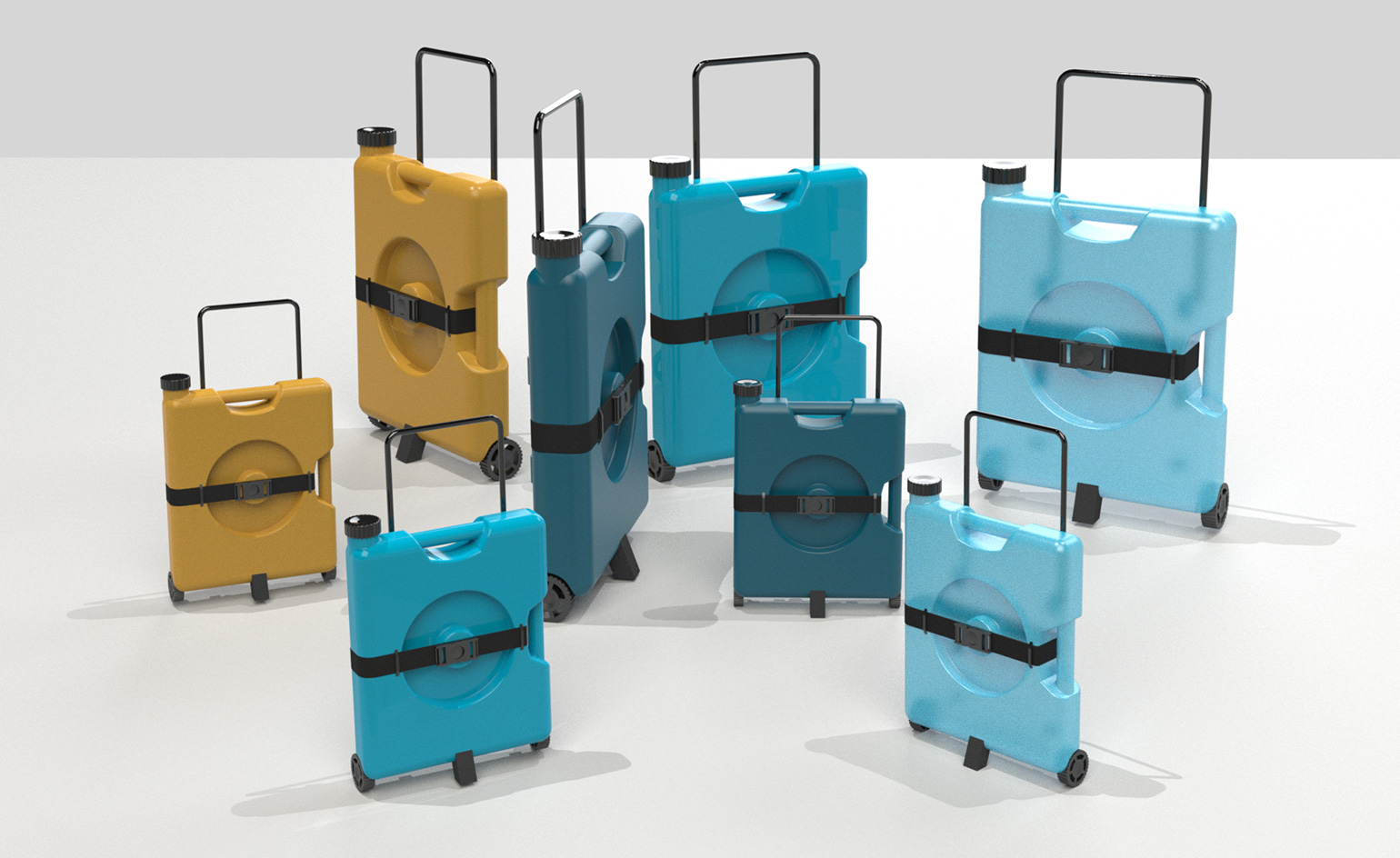
The Global Grad Show is always a true demonstration of the power of design. This year’s entries reveal how our world can be more resilient and responsible through the use of education, technology, architecture and more. Submissions poured in from 270 universities from 60 nations and five continents this year, and the results are on view for Dubai Design Week in a virtual showcase.
Plenty of tech tools are highlighted in this year’s roster: from a device that simulates human touch to one that monitors women’s reproductive health. Meanwhile, Chiara Rossi from Lund University has realised a small weeding robot that allows organic farmers to increase soil health via an app.
The students in this year’s show hail from universities that span Huddersfield, UK to Auckland, New Zealand. Tadeu Baldani Caravieri director of Global Grad Shows says the project supports students in three ways. ‘We showcase their innovations, we create knowledge exchange opportunities, and an entrepreneurship programme.’ To break down the 100 designs, Global Grad Show is divided into five themes of Living with Illness and Disability; Coping in a Complex World; Saving and Protecting Vulnerable Lives; Cleaning a Waste Filled Planet, and Sustaining the Urban Experience.
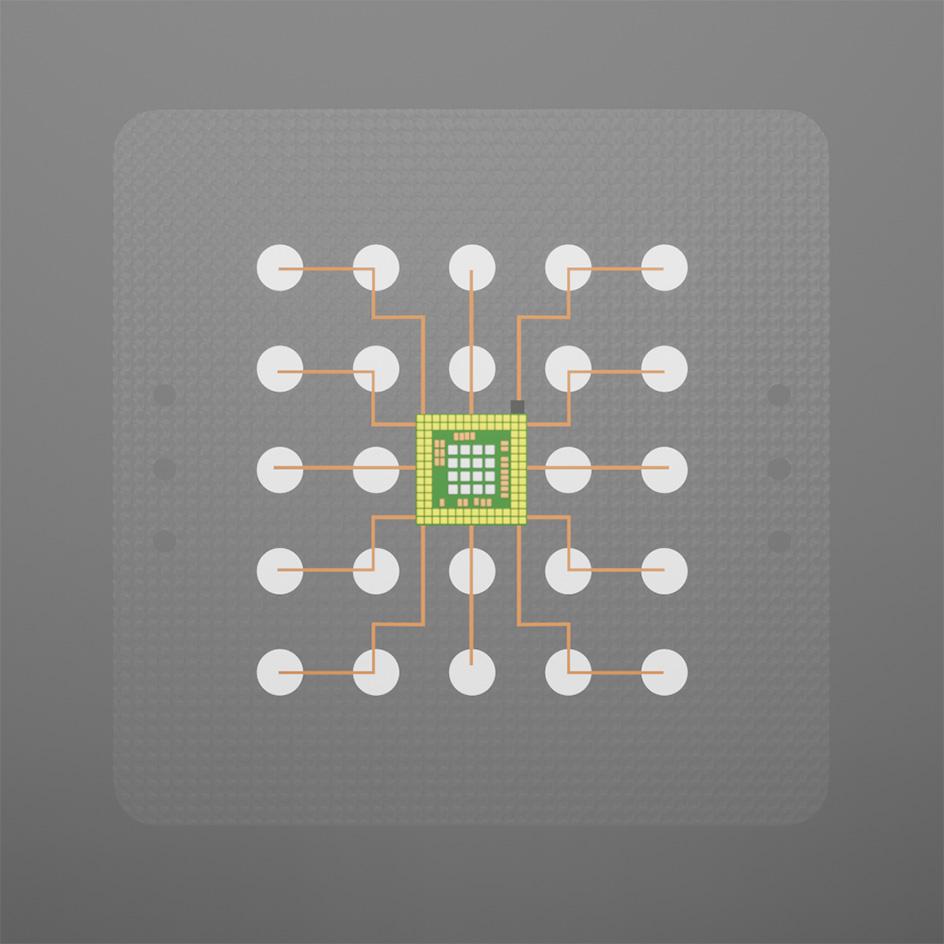
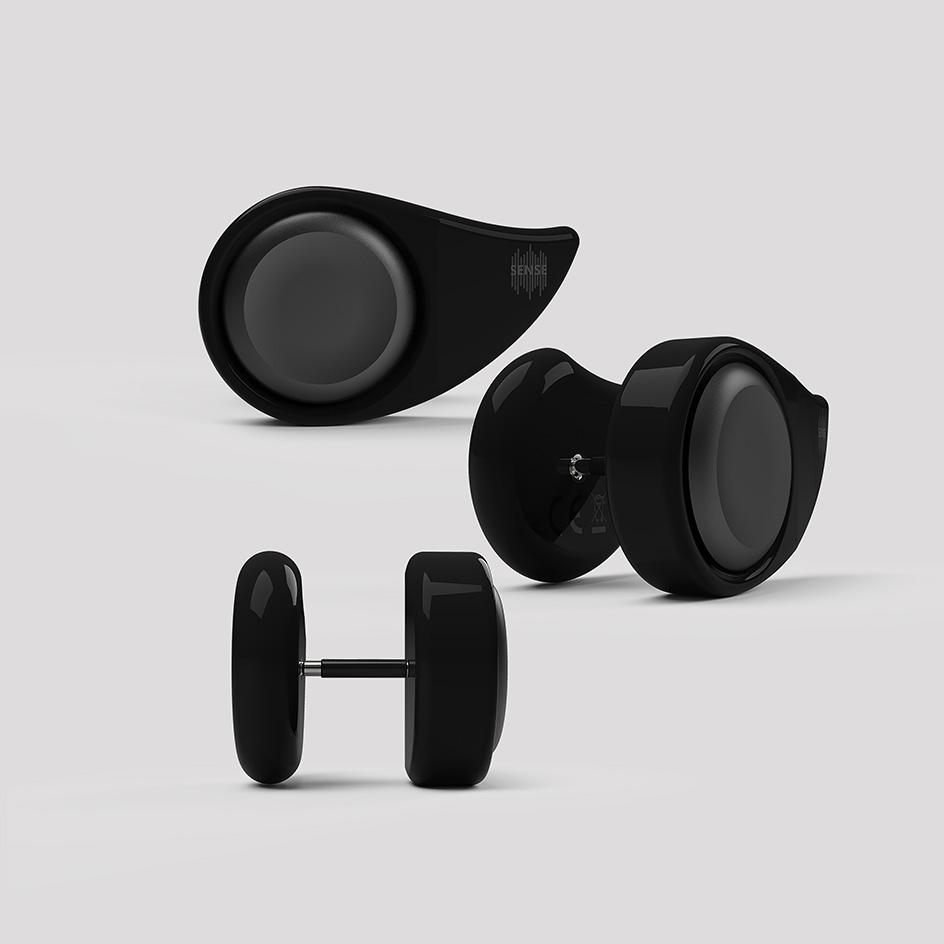
Above, Disha alternative navigation system Adesh Bhansali, Sonal Soni, Savni Panandiker, Aman Jaiswal and Anna Abrahamby. Below, Sense Glucose Earring by Tyra Kozlow
While realising solutions, many projects rethink conventional design styles, like Sense Glucosse Earrings by Tyra Kozlow, which aims to change the way in which patients interact with diabetes. The non-invasive blood glucose monitor can be used like an earring, without the need for a blood sample, and therefore reducing waste. Instead, the portable piece uses radio-waves to generate the data. Sense Glucose Earring eschews the look of medical testing kits, appearing like rechargeable earphones.
Other notable wearables come by way of Cammino by Chiara Rossi, a system that prevents the risk of falls for the elderly that are suffering from Parkinson’s disease with a bluetooth system inside the shoe. ‘Freezing from gait is one of the most frustrating and dehabiliting symptoms of Parkinson’s…my product will limited the number of freezing episodes using technology,’ says Rossi of her design in a video on the Global Grad Show website.
‘Water is a basic human need,’ says Harleen Kaur from Pearl Academy in New Delhi when discussing the inspiration behind her water container that can be transported like a suitcase on wheels. Jal Saath’s compact and flat shape allows it to travel through small, rural areas that may be struggling with access to clean water, a fix for heavier, less portable carriers. ‘A lot of the people who are responsible for getting water for their families include children, so it gets difficult to transport large quantities on a daily basis.’
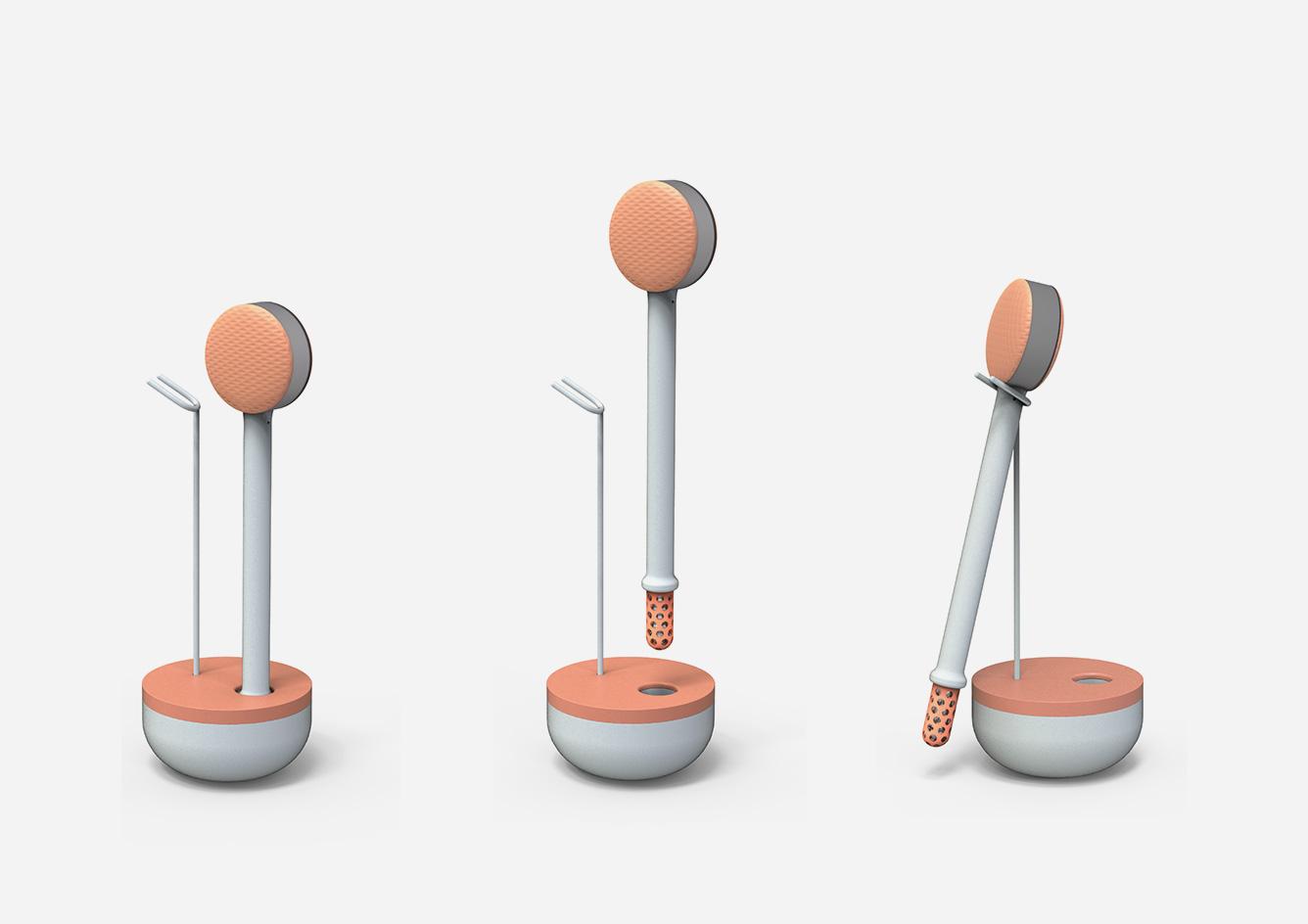
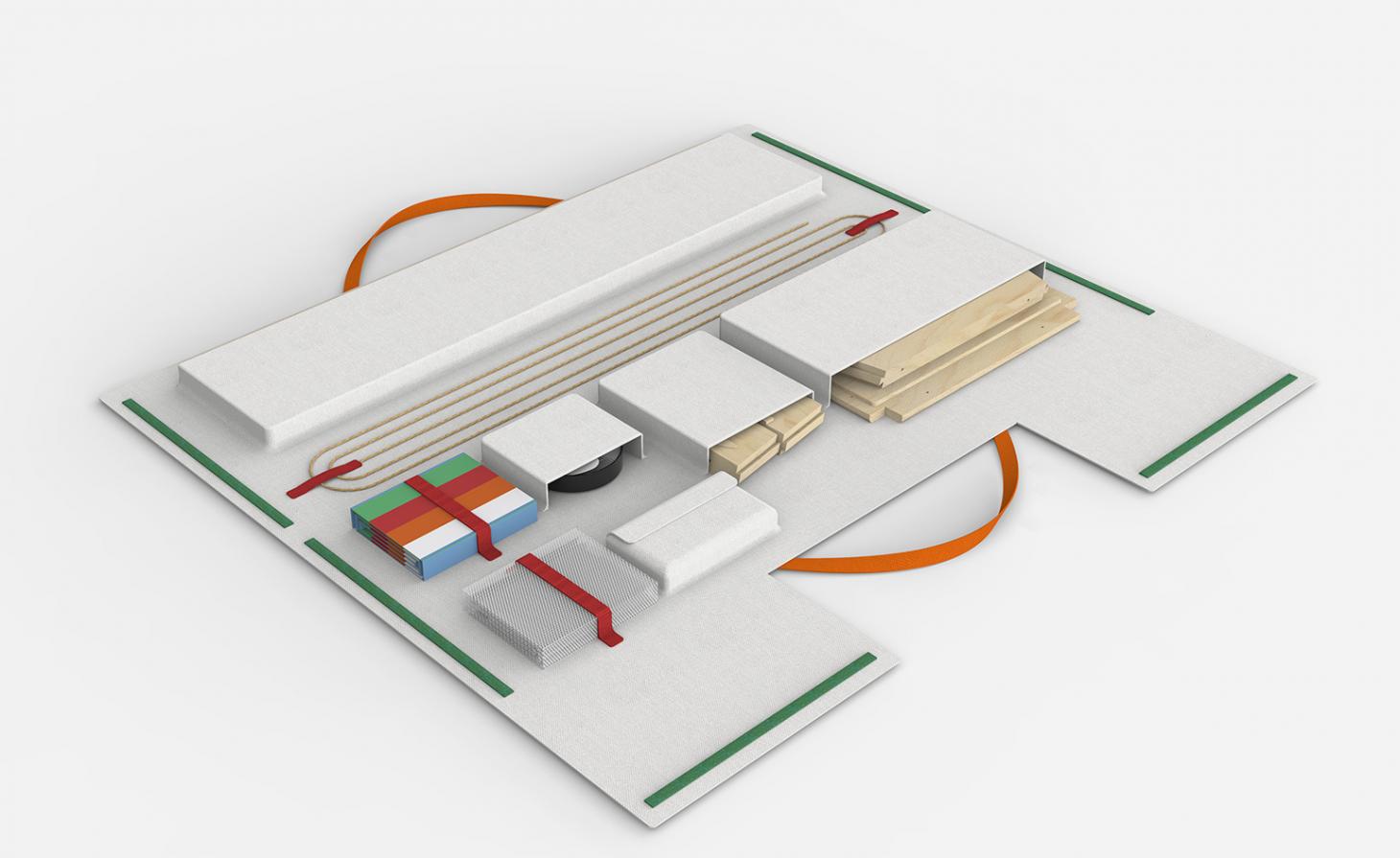
Above, Phases, a device that monitors reproductive health by Delia Lim. Below, Ordon, a portable air purification system by Belinda Francis
Encouraging the wellbeing of our mental health is Pause Pillow by Wonmo Yoo and HyunYeol Shin, a product that interrupts WiFi signal when you lie on it, so that accessibility to the internet and social media is inhibited for a better sleep. Elsewhere, Alhaan Ahmed’s Aibo lamp an apt solution for this year’s elongated isolation periods as it communicates signals for those living alone who cannot interact with their neighbours but may require assistance.
Trailblazing and inspiring, the sixth edition of Global Grad Show allows us to appreciate the growth and talent of young imagination even more in a year when we are faced with more challenges than ever.
INFORMATION
Wallpaper* Newsletter
Receive our daily digest of inspiration, escapism and design stories from around the world direct to your inbox.
Sujata Burman is a writer and editor based in London, specialising in design and culture. She was Digital Design Editor at Wallpaper* before moving to her current role of Head of Content at London Design Festival and London Design Biennale where she is expanding the content offering of the showcases. Over the past decade, Sujata has written for global design and culture publications, and has been a speaker, moderator and judge for institutions and brands including RIBA, D&AD, Design Museum and Design Miami/. In 2019, she co-authored her first book, An Opinionated Guide to London Architecture, published by Hoxton Mini Press, which was driven by her aim to make the fields of design and architecture accessible to wider audiences.
-
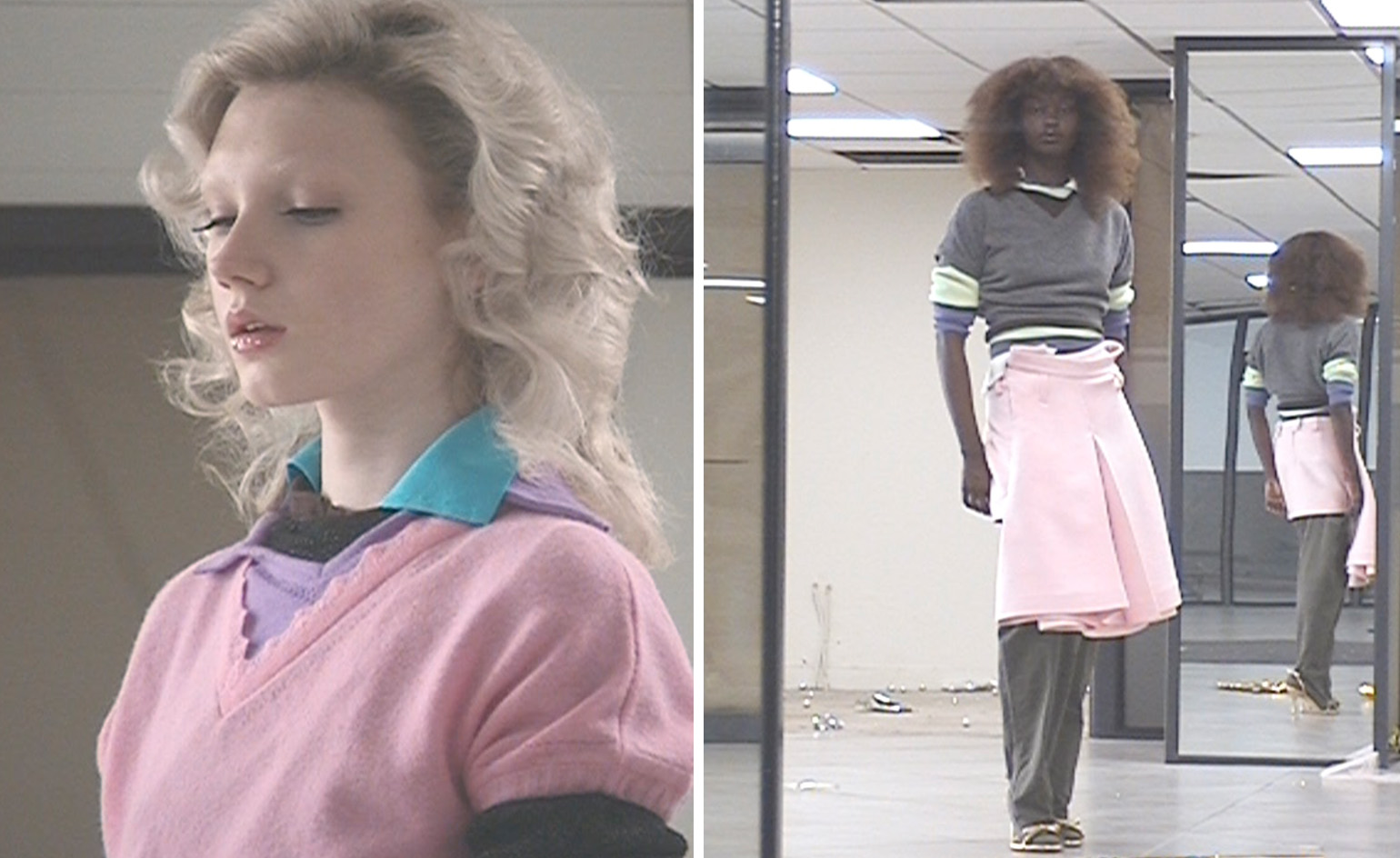 All-In is the Paris-based label making full-force fashion for main character dressing
All-In is the Paris-based label making full-force fashion for main character dressingPart of our monthly Uprising series, Wallpaper* meets Benjamin Barron and Bror August Vestbø of All-In, the LVMH Prize-nominated label which bases its collections on a riotous cast of characters – real and imagined
By Orla Brennan
-
 Maserati joins forces with Giorgetti for a turbo-charged relationship
Maserati joins forces with Giorgetti for a turbo-charged relationshipAnnouncing their marriage during Milan Design Week, the brands unveiled a collection, a car and a long term commitment
By Hugo Macdonald
-
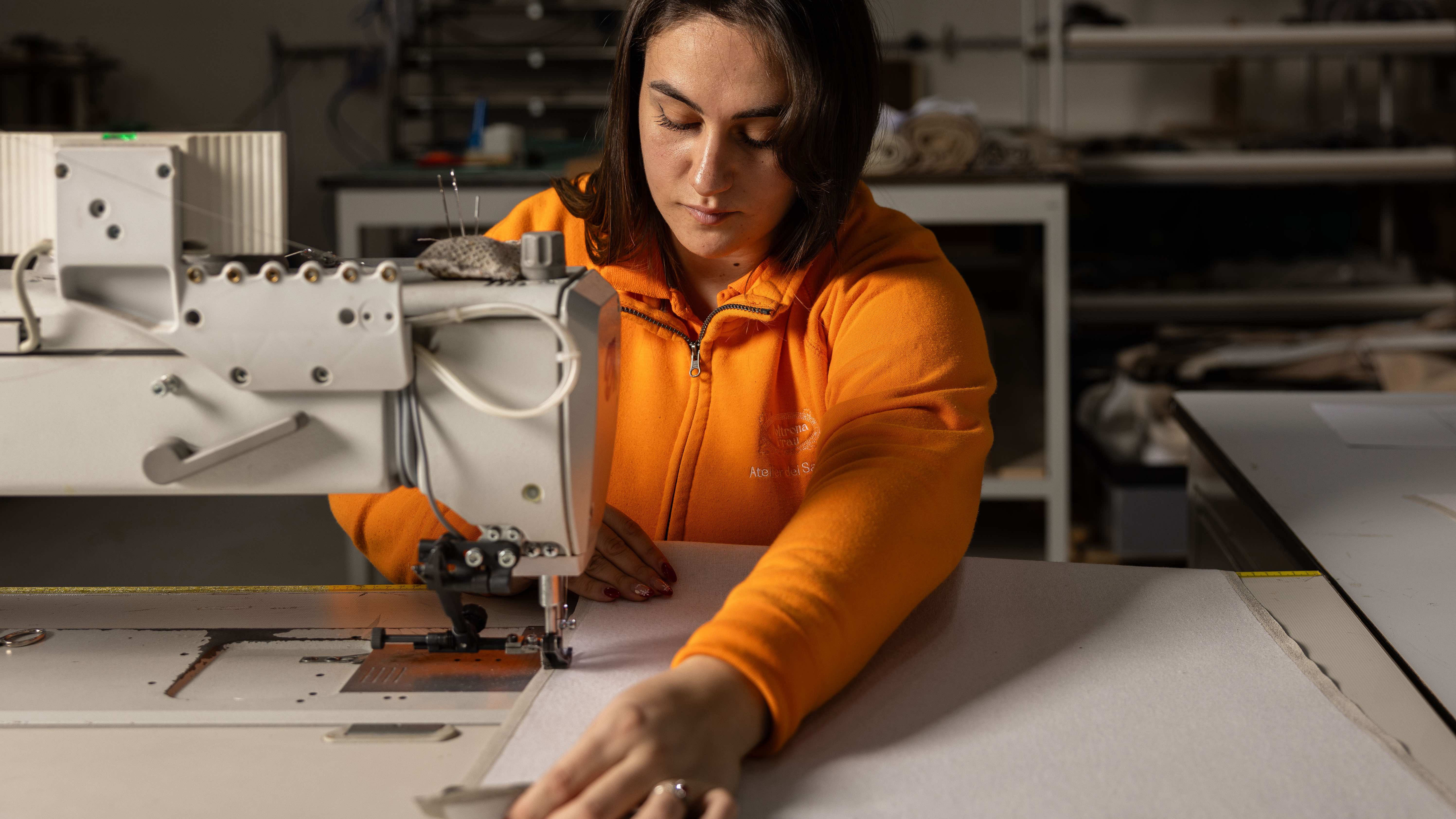 Through an innovative new training program, Poltrona Frau aims to safeguard Italian craft
Through an innovative new training program, Poltrona Frau aims to safeguard Italian craftThe heritage furniture manufacturer is training a new generation of leather artisans
By Cristina Kiran Piotti
-
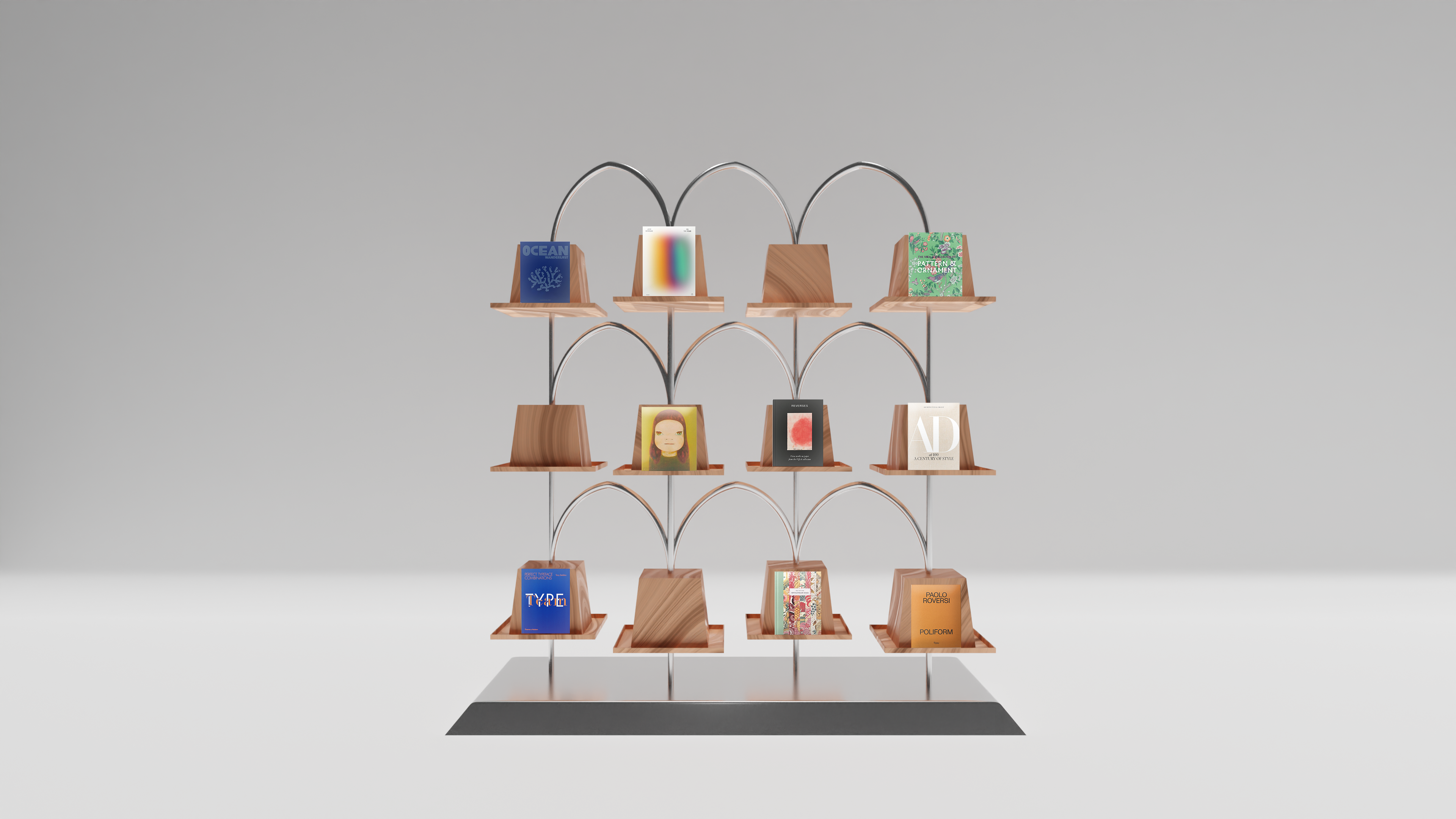 Postcard from Dubai Design Week 2024: the highlights
Postcard from Dubai Design Week 2024: the highlightsDubai Design Week, the largest design fair in the Middle East, showcased more than 1,000 acclaimed and emerging designers, brands and creative leaders. Here are our highlights
By Maghie Ghali
-
 Downtown Design 2022 set to bolster Dubai’s booming design scene
Downtown Design 2022 set to bolster Dubai’s booming design sceneThe Middle East’s leading design fair, Downtown Design returns 9 – 12 November 2022, presenting opportunities for the world’s design industry in the UAE’s booming market In partnership with Downtown Design
By Simon Mills
-
 Dubai Design Week 2021 champions local creativity and visions of the future
Dubai Design Week 2021 champions local creativity and visions of the futureDubai Design Week 2021 highlights – here’s our pick of where to go and what to see (8 –13 November 2021)
By Sujata Burman
-
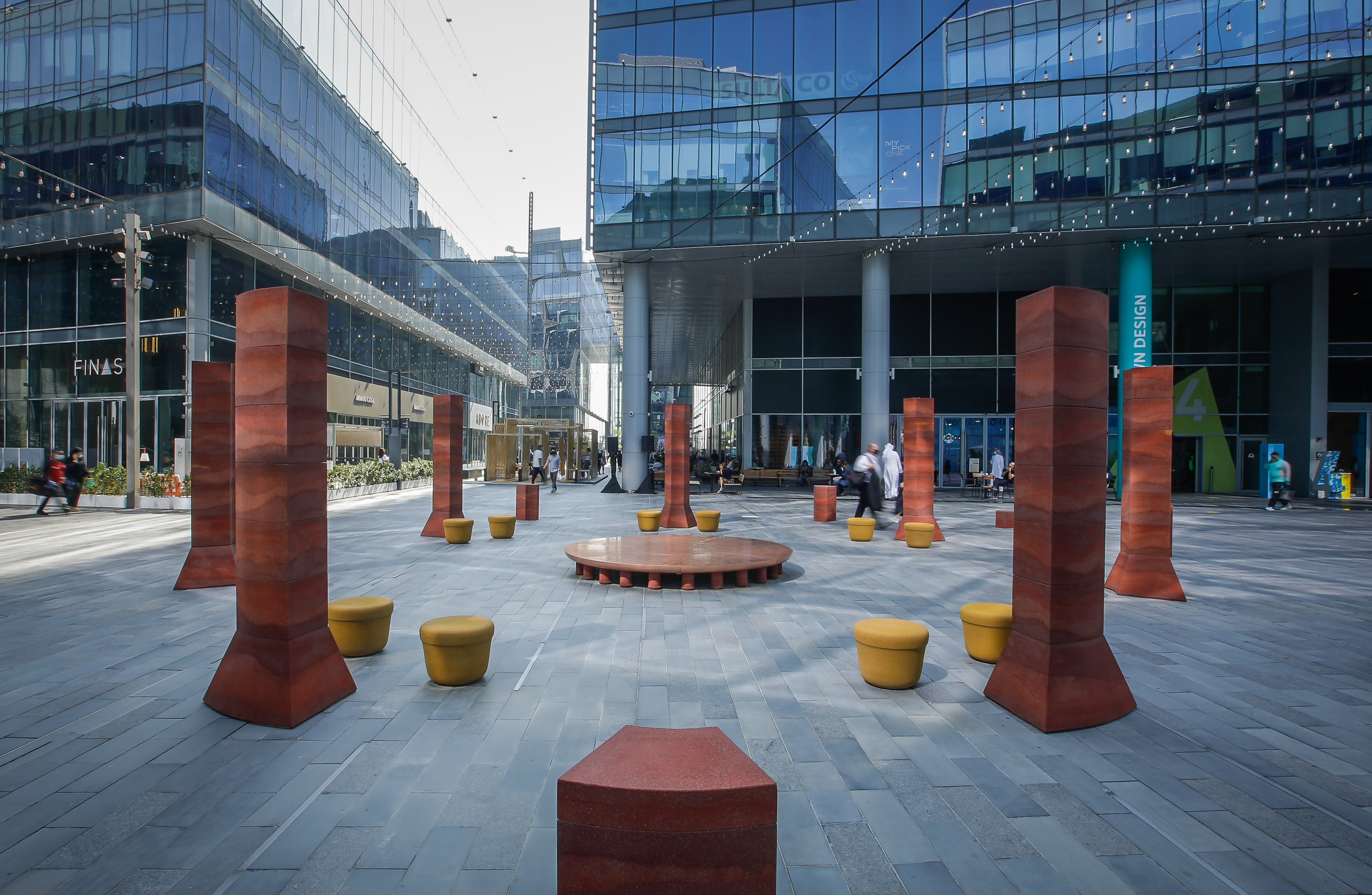 Hozan Zangana's socially-distant seating is inspired by mirages
Hozan Zangana's socially-distant seating is inspired by miragesIn Dubai, the Iraqi designer explores a design based on the Fata Morgana phenomenon, creating public seating that invites people to connect from a safe distance
By Rosa Bertoli
-
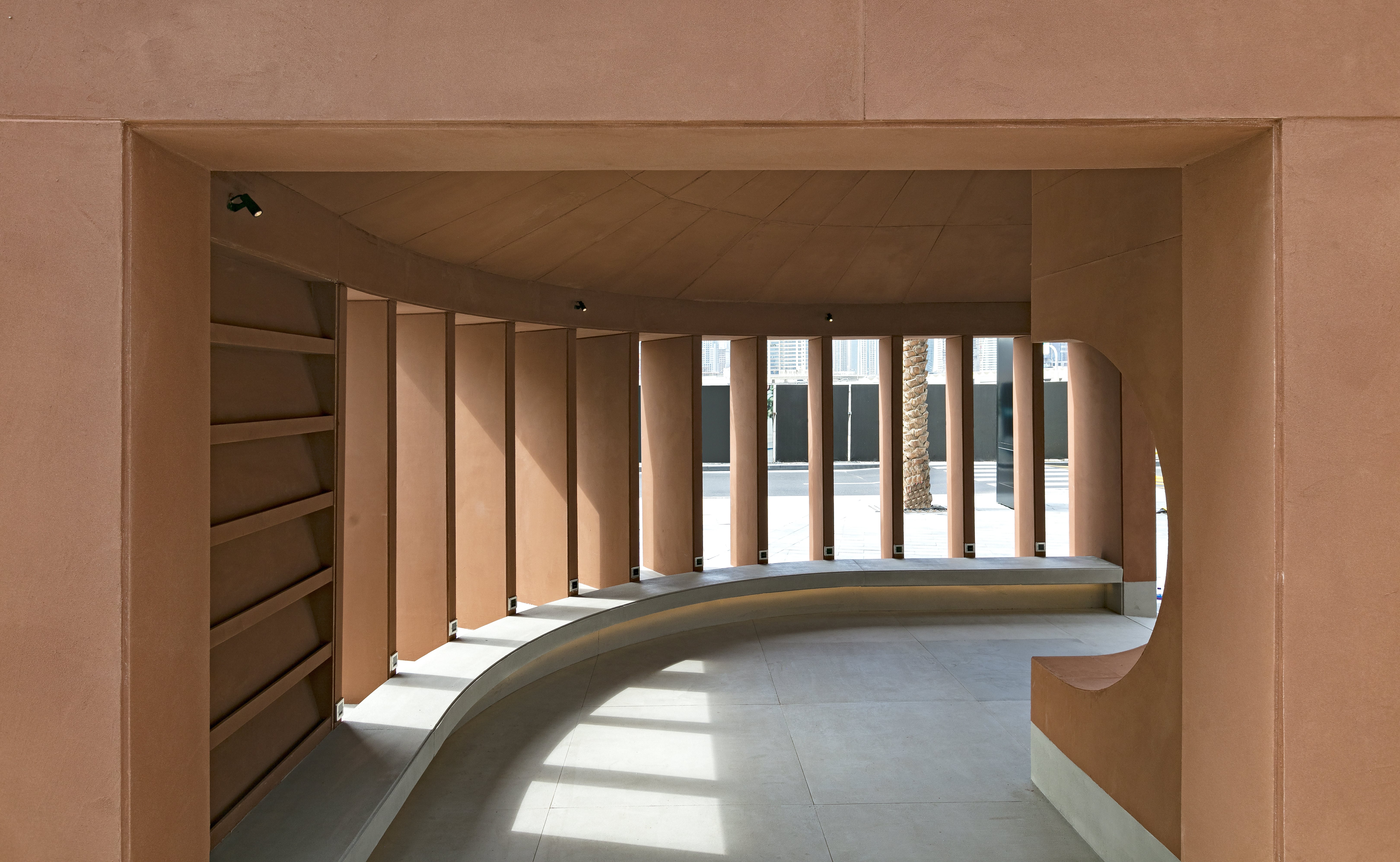 UAE’s thriving creative scene catapults Dubai Design Week onto a global stage
UAE’s thriving creative scene catapults Dubai Design Week onto a global stageBy Sujata Burman
-
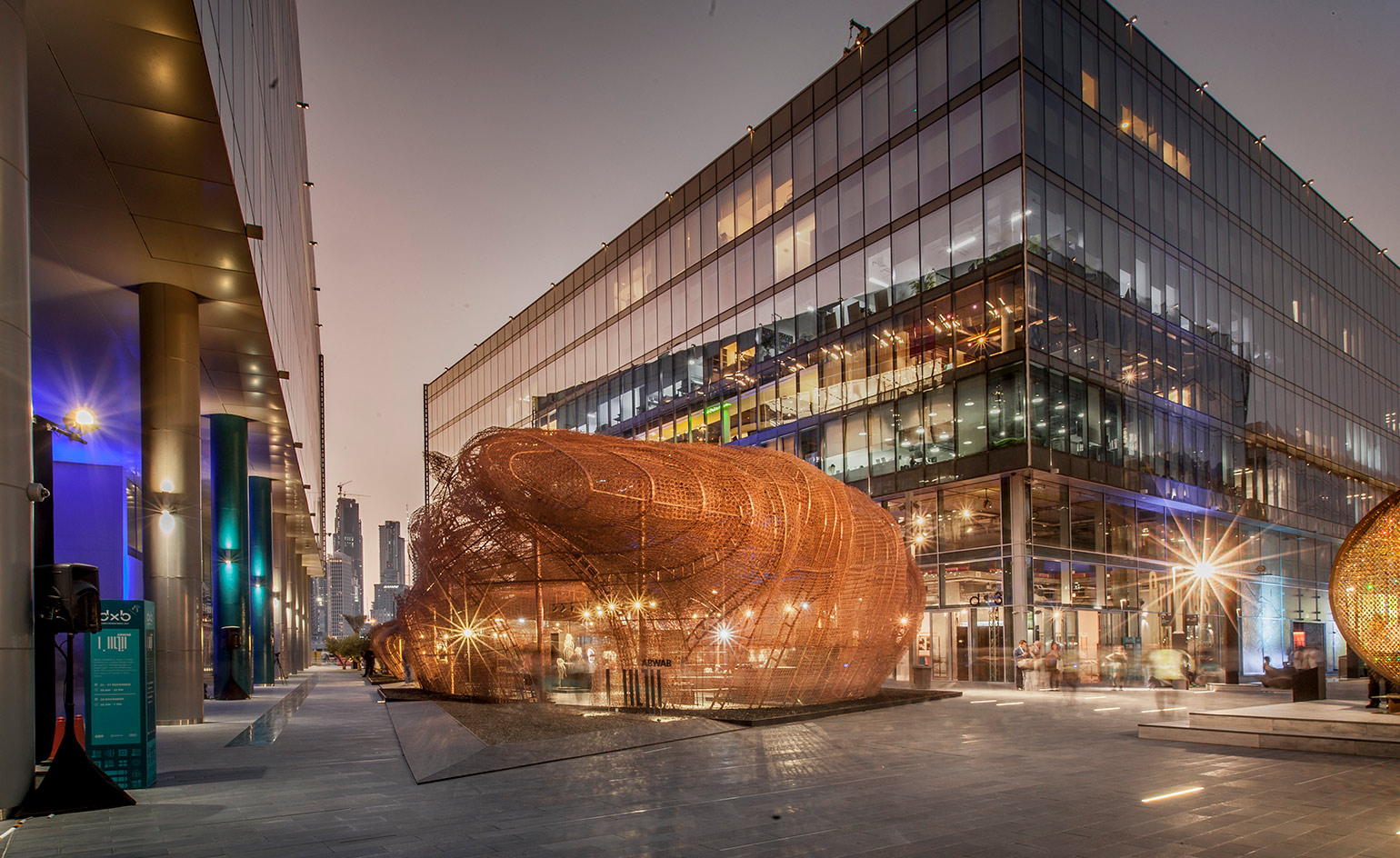 Creative dispatches: highlights from Dubai Design Week 2017
Creative dispatches: highlights from Dubai Design Week 2017By Becky Sunshine
-
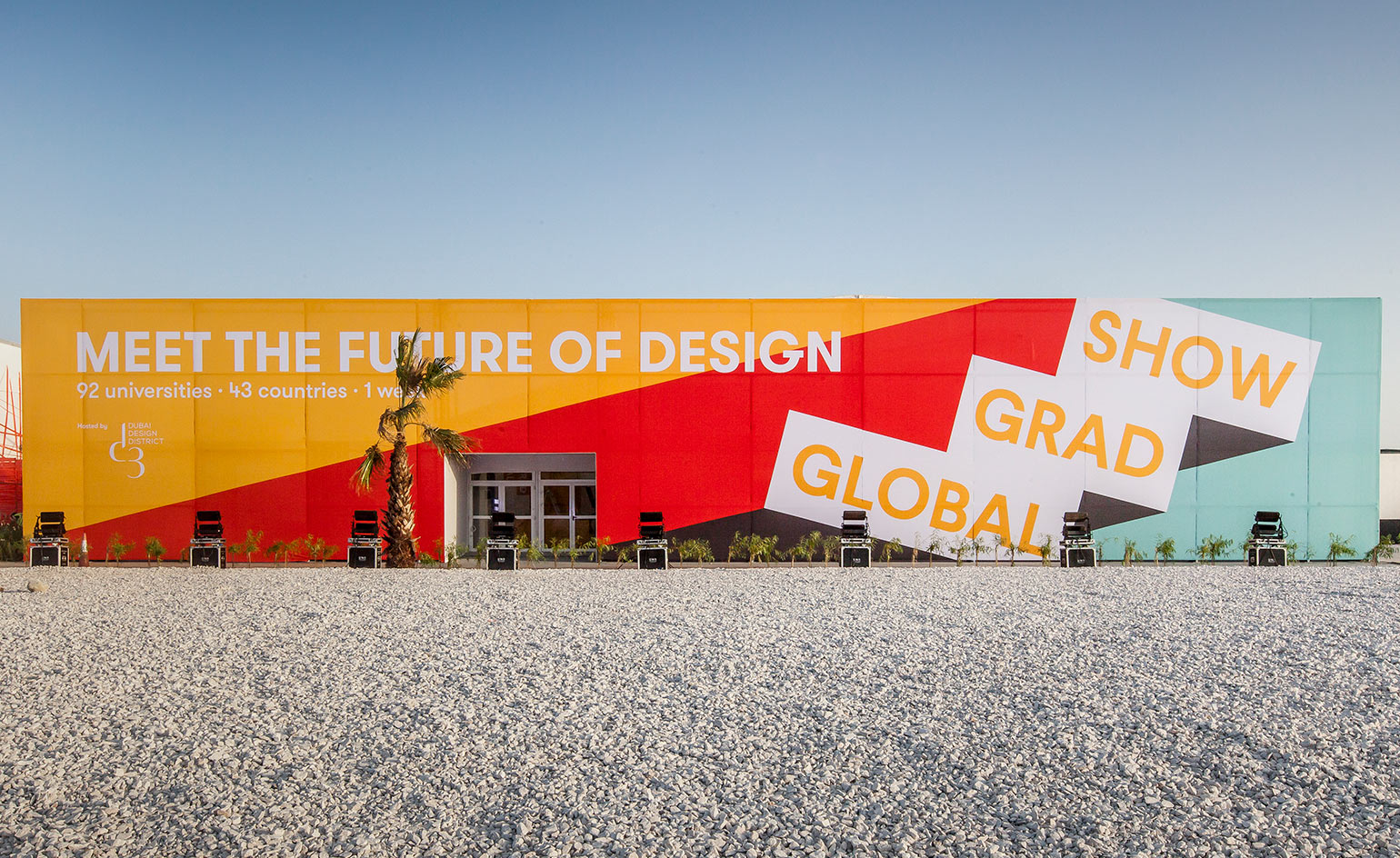 Dubai’s Global Grad show tackles social and enviromental problems through diverse design
Dubai’s Global Grad show tackles social and enviromental problems through diverse designBy Ali Morris
-
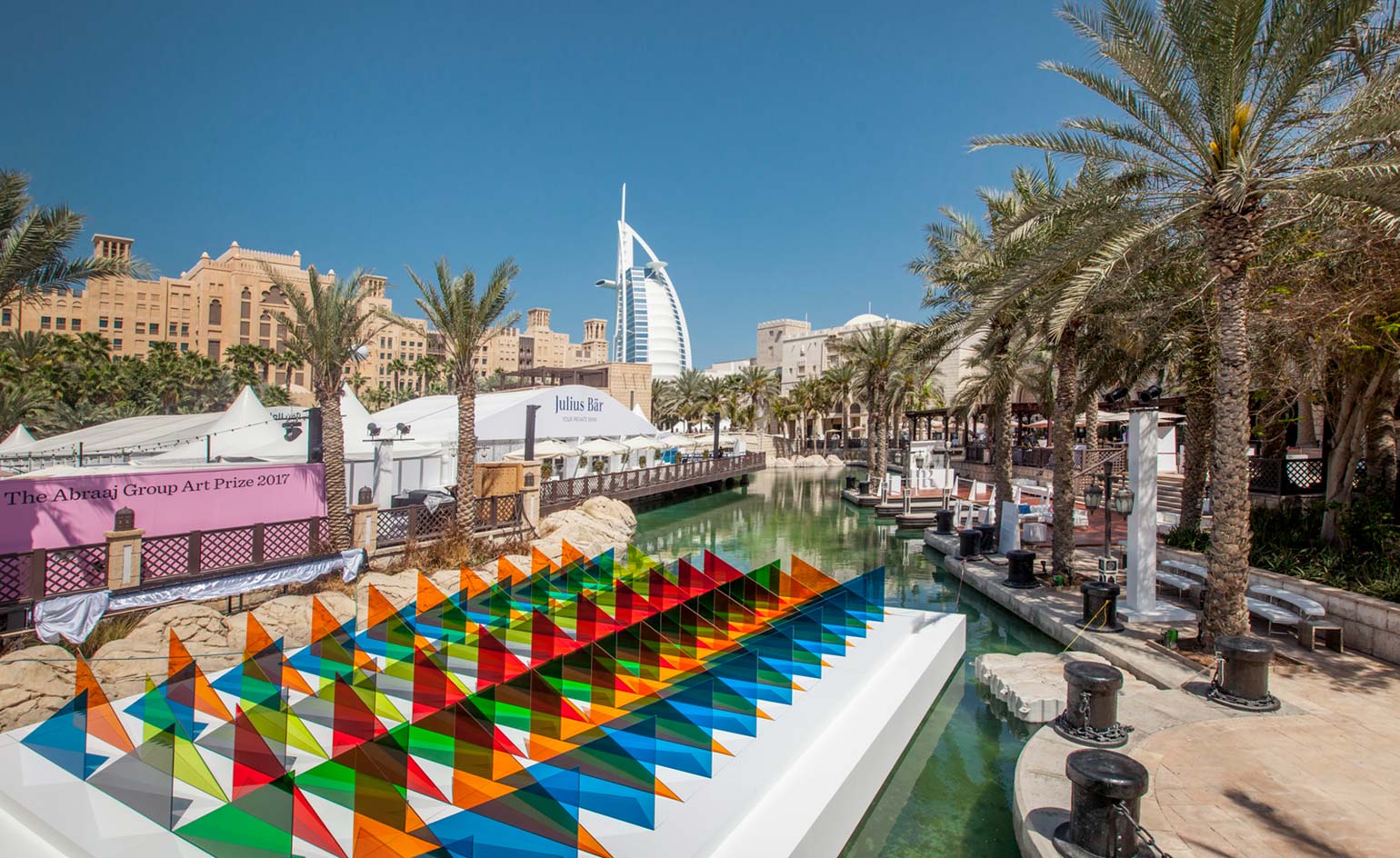 Desert storm: Dubai hosts two international design and art fairs
Desert storm: Dubai hosts two international design and art fairsBy Suzanne Trocmé